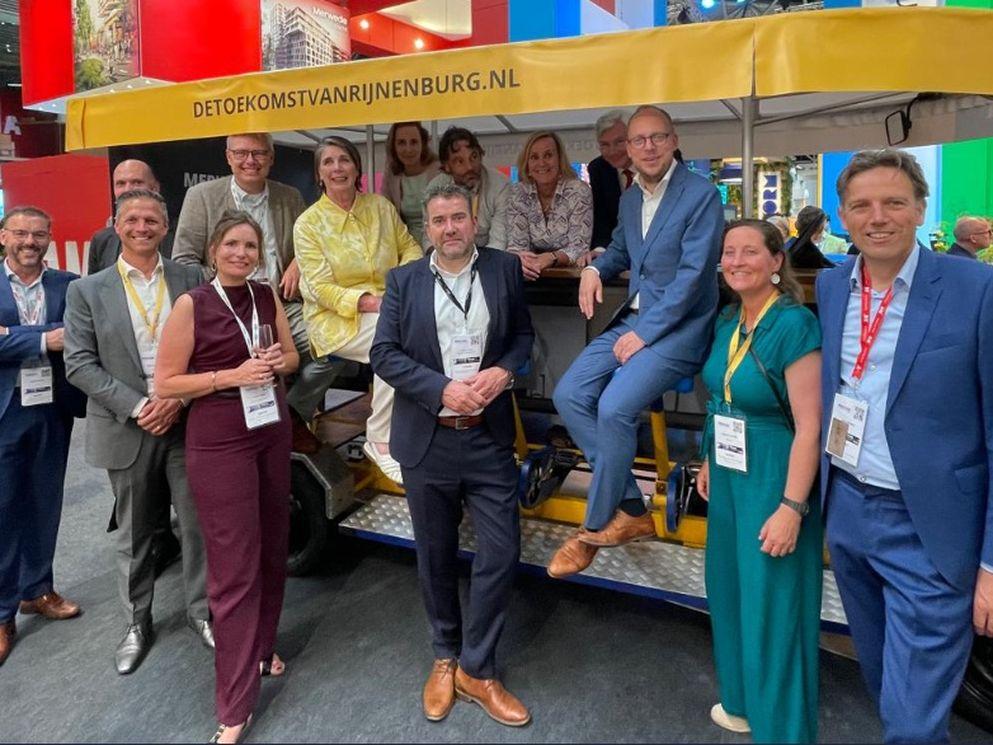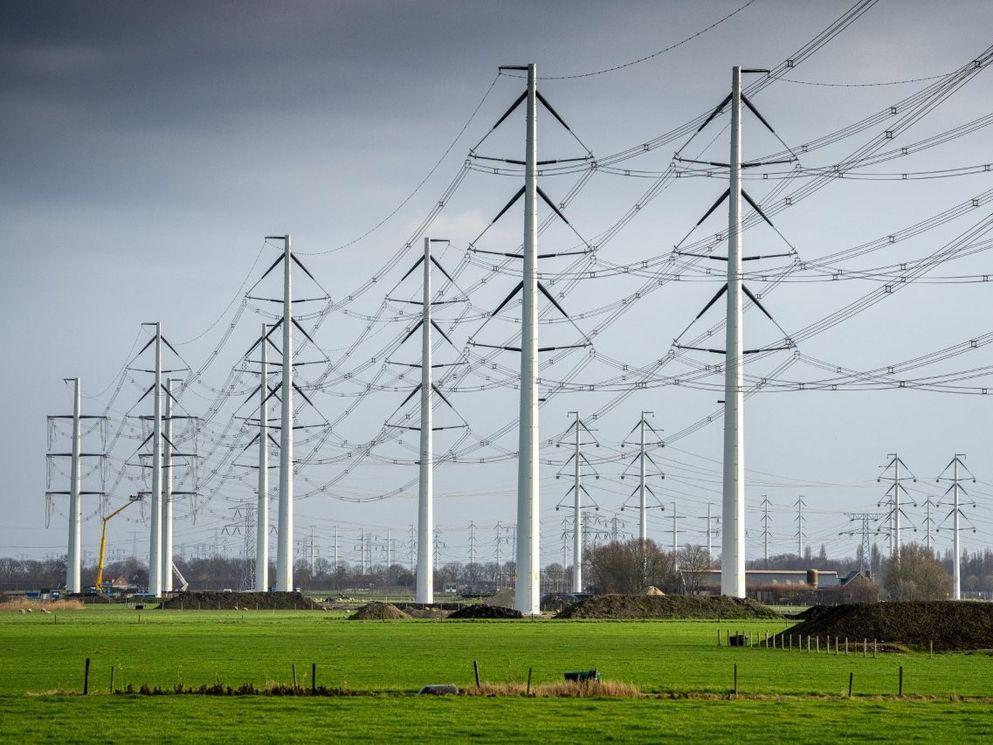Built environment bodies get behind new decarbonisation standard for FM industry

(Press release SFMI and BAM FM:) 3 November 2021 - SFMI and BAM FM are delighted to announce that five industry bodies have been helping to develop a framework for a standardised approach for the FM community to measure the emissions generated by its services, and support organisations with their zero carbon journey.
Joining the SFMI and BAM FM are the IEMA (Institute of Environmental Management and Assessment), RICS (Royal Institution of Chartered Surveyors), the UKGBC (UK Green Building Council), IWFM (Institute of Workplace and Facilities Management), and ACE (Association for consultancy and engineers) who will all play a key role in the critical review process of a new standard for Scope 3 emissions measurement. This collaboration on a standardised approach will be crucial to giving clients confidence in the carbon data FM provides as they continue their journey towards Net Zero. Measuring FM carbon emissions
Currently, most FM providers see their impacts as their direct emissions only (Scope 1 & 2 in technical talk), which includes those generated via transport and building operations. Some go a little further and measure their indirect emissions from business travel and waste, which are part of Scope 3. However, this reporting typically captures less than 20% of the providers’ full impacts, meaning that most carbon emissions are going unmanaged and unreported, even in cases where companies are stating that they are Net Zero. What is not considered by most are the goods procured by FM and the emissions that exist on the client sites.
FM can help customers to achieve zero carbon but for this to happen the industry needs a standardised approach for categorising and measuring carbon emissions, understanding the carbon impact of its services, and then going as far to isolate emissions for its clients. This can then deliver the impact that FM services have on a customer’s Scope 1,2 & 3 emissions. This will help FM providers to decarbonise their business while also being a key part of their customers’ zero carbon journeys.
How we are tackling the problem?
The SFMI have invited BAM FM, the five industry bodies and key FM providers, to provide insight and to review the developing standards. Collaboration and industry acceptance of the approach is critical to ensure that the standard is adopted widely. The release of the initial report will serve to upskill the sector and give FM providers and their clients the expectations of the boundaries that their emissions portfolio should include. Then, in early 2022, this report will be expanded to provide detailed guidance for the sector to deliver the approach and start their journey on the maturity curve.
What this means for the industry and getting involved
Net Zero carbon has become a business imperative driven by the global impacts that we are seeing, by clients on net zero journey’s, regulation, investors and by employees. Only a few companies within the FM industry have begun to capitalise on Net Zero as an opportunity to deliver greater value to clients. But to truly provide solutions to reach net zero, the industry must understand its impacts.
Measuring the full range of Scope 3 categories is critical, as it will help the FM sector better understand the carbon emissions generated by its services. Knowledge that can then be used to influence procurement and operational decisions.
The industry is encouraged to provide feedback on the initial report, and will have the opportunity to do so, which will inform the full report in early 2022. Registration for the event is open and available here. The report will be published on the Acclaro website here
Why is this important?
- FM needs to drive the conversation, demonstrating the impact it can have on both carbon reduction and assisting companies on their journey to net zero, which will increase the value of FM services
- When services and their impacts are measured, we can innovate and deliver a decarbonisation journey
- Relationships will improve across the supply chain as FM aligns with customer zero carbon values that are now becoming business imperatives.
- The selection process for FM services can be improved and integrate carbon reduction pathways
- The FM can position itself as a strategic partner to deliver net zero.
Chris Havers, SFMI Programme Director, said: ‘The FM community must collaborate to measure carbon emissions. A failure to do so will cause clients to lose confidence in the carbon data we provide. To tackle this, we need to develop a standardised approach, which reflects the nuances of how Facilities Managers operate with their clients. Having the support of these major industry bodies, FM providers and the client side will help us to achieve this and give clients the confidence they need to continue their journey towards net zero.’
Louise Williamson, Managing Director BAM FM, said: ‘BAM FM has successfully delivered FM and Energy services across the UK for over 20 years, and we have a strong track record in delivering sustainable FM solutions. Our partnership with SFMI to create a standardised approach to measuring FM carbon emissions, puts BAM FM at the forefront of industry efforts towards net zero carbon within the built environment.’
About Acclaro Advisory and the SFMI
Acclaro Advisory aims to support organisations on their environment, social and governance journeys, and help them achieve zero carbon. The SFMI is a product of Acclaro Advisory. The SFMI was created to enable FM providers to improve their sustainability performance, embed sustainability into their staff behaviour, and be challenged on the next step in their sustainability journey. The SFMI assesses, educates, and advises so businesses in and around the facilities management space can build new thinking and processes into their day-to-day, and see the value on the bottom line now and in future.
About BAM FM
BAM FM is one of the UK's leading facilities management companies, providing a wide range of services to essential public services and major commercial organisations. It is part of BAM Construct UK a leading design, construction, services engineering, property development, plant hire and facilities management company and itself part of the international Royal BAM Group, employing some 20,000 people and with an annual turnover around £5.5 billion.
The company is longstanding and innovative, having pioneered technical and social changes in the built environment sector, and integrating its functions to create and run better buildings. It is a leader in digital construction, understanding embodied carbon and adding social value through its work.
Further information:
- SFMI media contact: Maddie Sansom, maddie.sansom@acclaro-advisory.com, or Chris Havers, Chris.havers@acclaro-advisory.com;
- BAM FM media contact: Chris Leonard, Internal Communications Assistant, BAM Construct UK, CLeonard@bam.co.uk, or Mukesh Parmar, Marketing Information Manager, BAM Construct UK Ltd, MParmar@bam.com.




